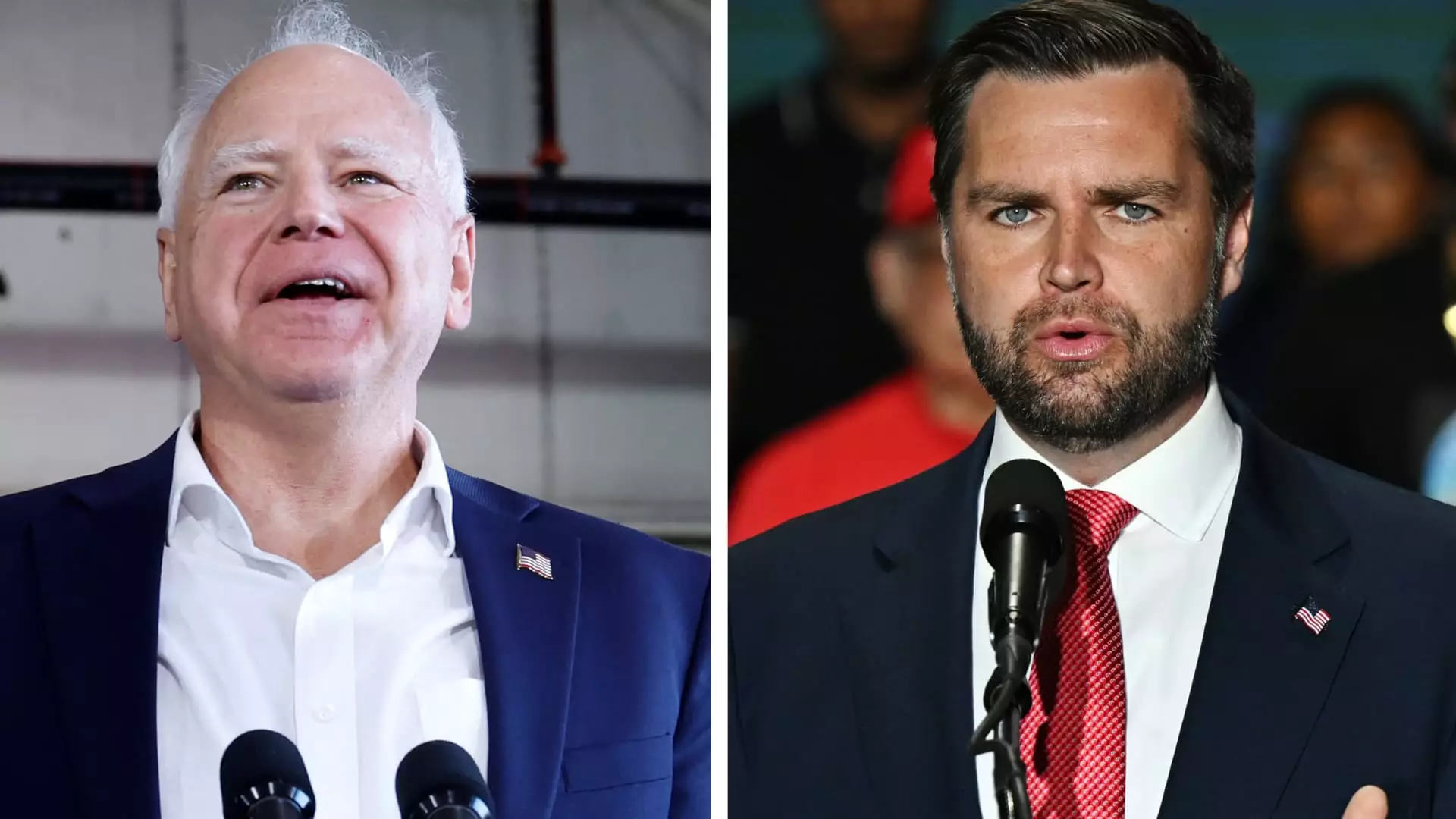With the announcement of the major party tickets, voters are paying close attention to the personal finance policies proposed by the candidates. Vice President Kamala Harris has teamed up with Minnesota Gov. Tim Walz, while former President Donald Trump has selected Sen. JD Vance of Ohio as his running mate. Both pairs are engaging in class warfare strategies to portray their opponents as disconnected from middle-class Americans. As the election draws near, it is crucial to understand where each candidate stands on key economic issues.
Affordable housing is a pressing concern for many Americans, and both Walz and Vance have addressed the issue in their campaigns. Walz signed housing legislation in May 2023, which included significant funding for down payment assistance, housing infrastructure, and workforce housing. Jaret Seiberg, an analyst at TD Cowen, anticipates Walz advocating for demand-side approaches to housing, aimed at improving housing quality and reducing costs for individual households. On the other hand, Vance has also emphasized affordable housing, opposing institutional ownership of rental homes and advocating against Chinese buyers in the U.S. real estate market.
Child Tax Credit
One critical personal finance issue is the fate of the child tax credit and other tax breaks introduced by the Trump administration. Without congressional action, these tax breaks are set to expire after 2025, potentially affecting millions of American families. In 2021, Congress approved a temporary expansion of the child tax credit, leading to a historic reduction in child poverty rates. Minnesota followed suit by implementing a state-level child tax credit, which was described as a “signature accomplishment” by Walz. However, the prospect of a permanent federal child tax credit expansion remains uncertain due to political divisions and concerns over the budget deficit.
Student loan forgiveness has emerged as a contentious issue, with Vance taking a firm stance against broad forgiveness policies. He argues that forgiving student debt primarily benefits the wealthy and college-educated individuals, rather than those in genuine need. Despite his opposition to widespread forgiveness, Vance supported a bill exempting parents from student loans if their child became permanently disabled. In contrast, Walz has championed programs to ease the burden of student debt, particularly for low-income individuals. As a former school teacher, Walz implemented a student loan forgiveness program for nurses in Minnesota and supported initiatives for free tuition for needy students.
The personal finance policies proposed by the presidential candidates can significantly impact the financial well-being of American households. It is essential for voters to delve into these policies and understand the implications for their own finances. While Walz and Vance offer distinct approaches to issues like affordable housing, child tax credits, and student loan forgiveness, the ultimate decision rests with the electorate. As the election approaches, informed voting based on personal finance considerations can shape the economic landscape for the years to come.

